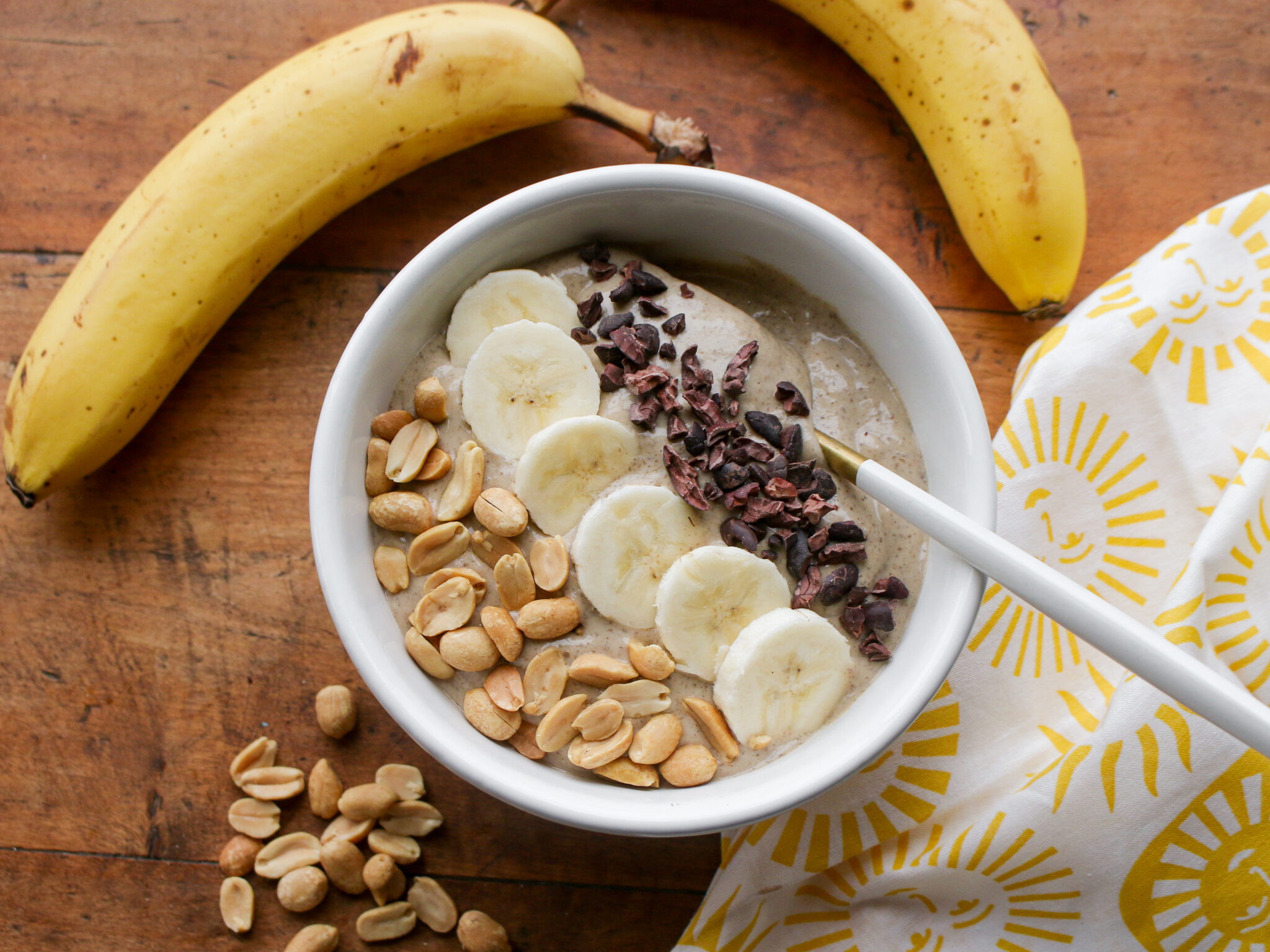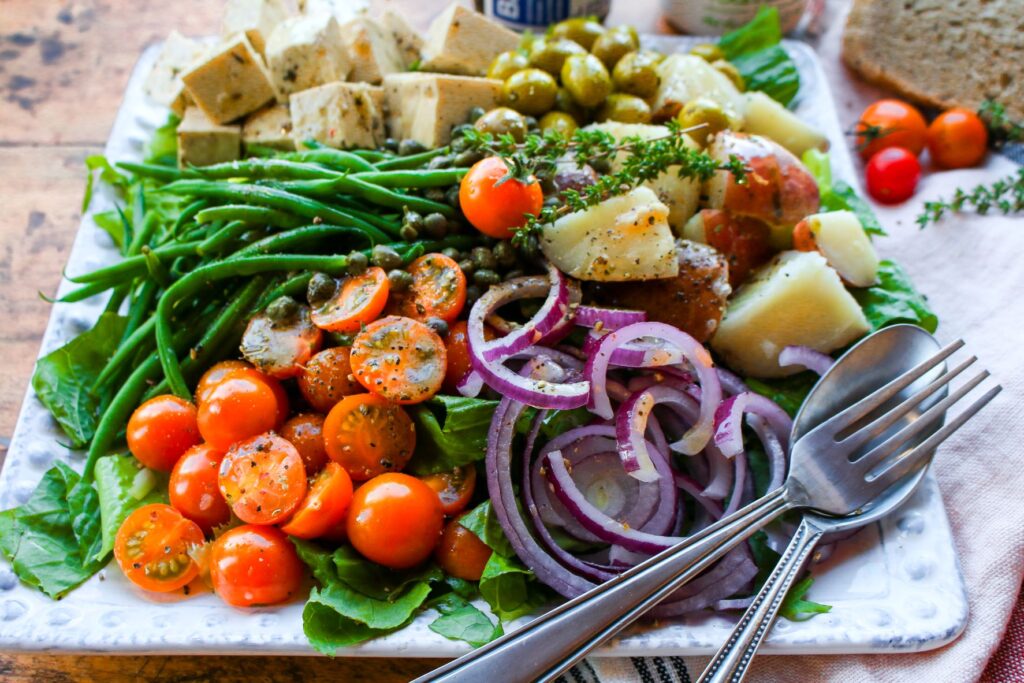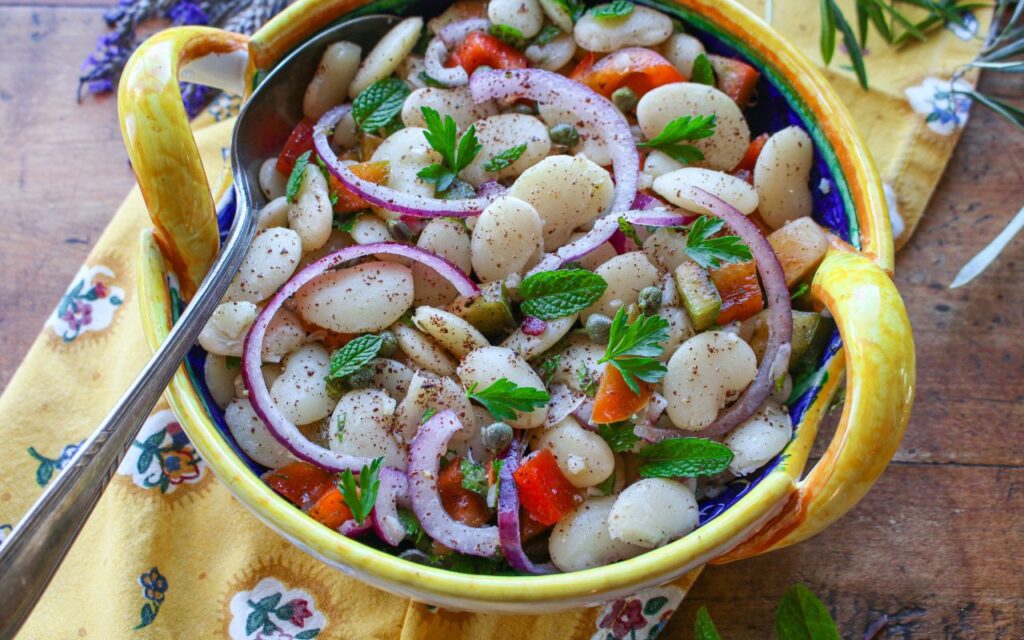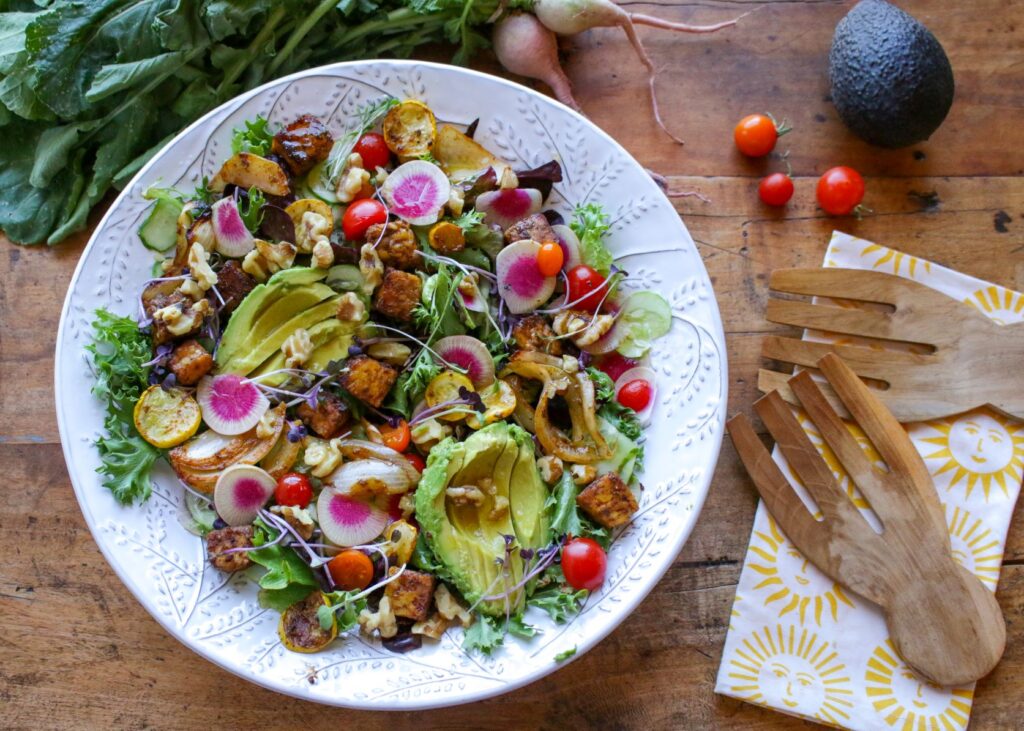Wondering about the benefits of a plant based diet? I’m sharing the latest science-based knowledge on a variety of health benefits and considerations of plant based diet patterns in my Ask Sharon Guide. Plus, I’m dishing out my collection of Top 10 Plant Protein Recipes to get you going.
As a plant-based nutrition expert and registered dietitian, I get numerous questions on the science of plant based diet benefits, as well as which health conditions may be prevented or improved with a plant based diet, and how to make sure you are meeting your nutrient needs on a vegan or vegetarian diet. Indeed, over the past three decades an astonishing amount of research shows impressive health advantages—chronic disease prevention, management of health conditions, lower inflammation, and healthier weight—for choosing plant based diet patterns, including vegan, vegetarian, semi-vegetarian, and pescatarian diets. I hosted a recent half day plant-based nutrition workshop, during which I received a variety of specific questions on the benefits of plant based diets, as well as the nutritional adequacy of vegan and vegetarian diets. I gathered these top questions together in my Ask Sharon Guide: What Are Health Benefits of Plant Based Diet. Learn more about how to follow a plant-based diet that meets your needs in my award-winning book The Plant-Powered Diet here. And check out my collection of Top 10 Plant Protein Recipes below too.
What Are Health Benefits of Plant Based Diet?
Question: Can plant-based diets reduce the risk of stroke?
Sharon’s Answer: Yes, research does show that plant-based diets can lower the risk of stroke, a life-threatening condition. A Harvard study found that a healthy plant-based diet—in addition to being linked with 10% lower overall stroke risk—was associated with a modest reduction in risk of ischemic stroke, the most common type of stroke, which occurs when blood flow to the brain is blocked.
Question: Are plant-based diets linked with alleviating digestive disorders?
Sharon’s Answer: Plant-based diets, rich in fiber, are linked with helping numerous digestive disorders. They help lower risks of digestive cancers, such as colorectal, improve constipation, and boost a more beneficial profile of the gut microbiome. It is thought that fiber is a major factor in digestive benefits, as it helps the gut motility by absorbing water and moving waste through the digestive tract, as well as nourishing gut bacteria that aid in digestion and reduced inflammation. Learn more about the gut microbiome here.
Question: How does a plant-based diet help in managing hypertension?
Sharon’s Answer: Plant-based diets have been consistently linked with lower systolic and diastolic blood pressure levels, and significantly lower risk of hypertension. Vegans and vegetarians take significantly fewer antihypertensive meds. Plant-based diets improve vasodilation, antioxidant and inflammation status, insulin sensitivity, blood viscosity, sympathetic nervous systems, gut microbiota and more. There are many nutrients in plant-based diets that may contribute to these benefits, including potassium, antioxidant compounds, and fiber. Learn more about plant-based diets and hypertension here.
Question: What chronic kidney condition can be positively impacted by a plant-based diet?
Sharon’s Answer: Plant-based diets may help slow the progression of chronic kidney disease, type 2 diabetes, high blood pressure, and heart disease, which has important benefits for kidney health. It is thought the moderate intake of protein, and anti-inflammatory and antioxidant activity in plant-based diets may contribute to this kidney protection. Check out this blog on plant-based diets for kidney health here.

Question: Which autoimmune condition may see improvements with a plant-based diet?
Sharon’s Answer: Healthy plant-based diets have utility both in decreasing risk for autoimmune conditions (type 1 diabetes, Inflammatory bowel diseases, rheumatoid arthritis, and multiple sclerosis) and, in some cases, improving symptoms among those currently diagnosed. Two major mechanisms by which the diet may play a role is through decreasing inflammation and by affecting the gut microbiome. Check out this blog about anti-inflammatory eating here.
Question: Which condition can benefit from a plant-based diet due to its anti-inflammatory properties
Sharon’s Answer: Many conditions can benefit from the anti-inflammatory benefits of plant-based diets, which is one of the major roots of the benefits seen with these eating patterns. These include cardiovascular disease, hypertension, type 1 and 2 diabetes, arthritis, depressive disorders, autoimmune disorders, and neurodegenerative diseases.

Question: How can mindfulness contribute to adopting a plant-based diet
Sharon’s Answer: Plant-based diets can include a holistic, mindful approach, as these diets are less impactful on the planet and animals, and they also include boosts for human health. Research has shown that healthy weight benefits are achieved through plant-based diets without calorie or portion control, due to the high fiber and lower calorie content. Thus, people can engage in healthy eating behaviors that don’t overly focus on calorie restriction, and they can feel positive about their impact on their own health, as well as that of the planet. Learn about the planetary health benefits of plant-based diets here.
Question: What motivational techniques can support plant-based diet adherence?
Sharon’s Answer: I encourage people to start with what your typical diet is, and then shift to eating more plant-based based on your own unique diet pattern. You can identify opportunities within your own familiar eating patterns to shift from animal-focused diets to more plant-based diets. For example, if some of your favorite typical foods are very meat-based, you can identify small swaps that can introduce more plant proteins, such as lentils, peas, and beans. Understanding the myriad benefits—even for mental health and reduced symptoms of chronic conditions—can be very motivating. I’m sharing my tips on how to start eating a plant-based diet here.

Question: Which nutrient is commonly monitored in plant-based diets to avoid deficiency?
Sharon’s Answer: Vitamin B12 is very important to monitor in annual physical examinations through lab tests, and to ensure adequate supplementation is achieved. I have a guide on B12 supplementation here.
Question: How can people ensure adequate iron intake on a plant-based diet?
Sharon’s Answer: There are many plant-based iron sources you can get in your diet daily, such as pulses, leafy green and cruciferous vegetables, soyfoods whole grains, nuts and seeds. Get my vegan iron food guide here.

Question: To prevent protein deficiency, what should be included in a plant-based diet?
Sharon’s Answer: Good sources of plant proteins should be included at every meal and snack, including soyfoods (tofu, tempeh, soymilk, soybeans, meat alternatives), pulses (beans, lentils, peas), nuts and seeds. Find top plant protein sources here.
Question: Which plant-based milk is fortified with calcium and vitamin D for better nutritional intake?
Sharon’s Answer: I recommend fortified soymilk as the most nutritious of the plant milks, and fortified soymilk comes very close to dairy milk in nutrition content. It’s a good idea to choose a nutrient-rich plant milk, such as soymilk, if you are consuming a plant-based diet. Check out my plant-based milk guide here.
Question: What type of fiber found in plant-based foods helps in lowering cholesterol?
Sharon’s Answer: Plant-based foods are rich in various types of fiber, including soluble, which helps reduce the absorption of cholesterol in your bloodstream. Soluble fiber is found in foods like beans, whole grains, cruciferous vegetables, apples and pears. Check out my blog on fiber here.
Top 10 Plant Protein Recipes
Try one of my favorite protein-rich plant-based recipes.
For other Ask Sharon Blogs, check out the following:
Source link
#Health #Benefits #Plant #Based #Diet #Sharon #Palmer #Plant #Powered #Dietitian
